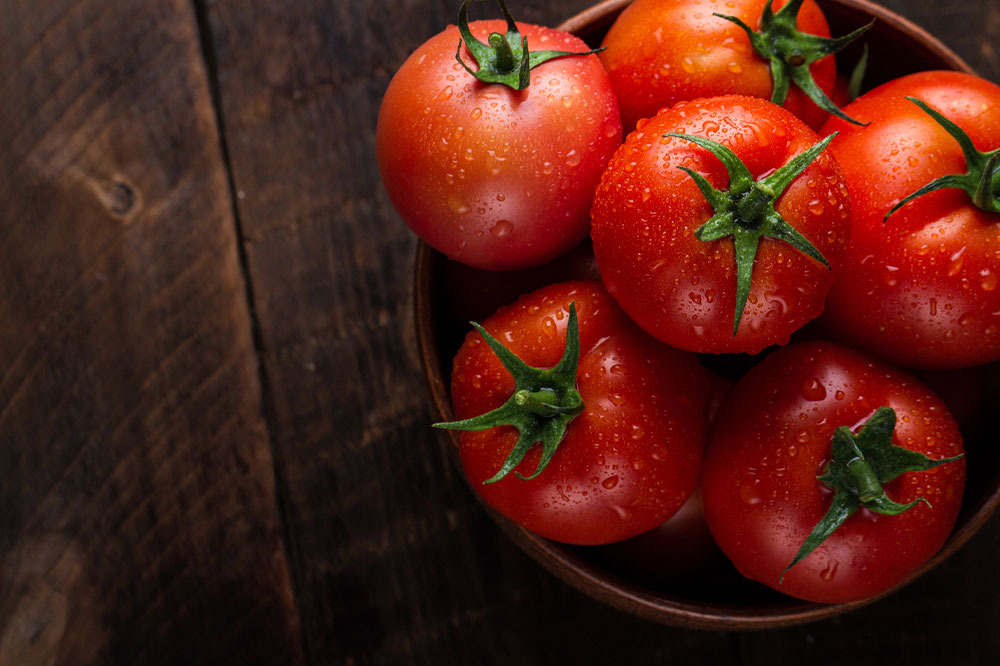7 best foods to help boost prostate health

Prostate cancer is one of the most common kinds of cancer among the country’s male population. The American Cancer Society estimates 288,300 new cases of prostate cancer in the year 2023. Although, healthy food habits can significantly reduce one’s risk of developing prostate cancer. While any changes to one’s food intake need to be approved by a licensed healthcare professional, some of the following foods can have a positive effect on prostate health:
Tomatoes
Tomatoes are a rich source of an antioxidant called lycopene, which reduces the occurrence of free radicals in the body, thus lowering oxidative stress and the risk of developing prostate cancer. Eating cooked or pureed tomato products such as tomato paste, spaghetti sauce, sun-dried tomatoes, and tomato juice is an excellent source of lycopene.
Broccoli
Cruciferous vegetables like broccoli contain phytochemicals like sulforaphane that can selectively kill cancer cells while protecting healthy prostate cells. They are also rich in other antioxidants, vitamins, and minerals crucial for maintaining one’s health and immunity.
Green tea
Green tea has several compounds that are beneficial for promoting good health and fighting the growth of cancer cells. These include xanthine derivatives, epigallocatechin gallate (ECGC), and epicatechin. However, certain extracts from green tea have also been known to reduce the effectiveness of chemotherapy for prostate cancer, so those undergoing treatment must ask their doctors before drinking green tea or taking any tea supplements.
Pomegranate juice
Pomegranates are a rich source of antioxidants that can reduce the risk of prostate cancer by fighting oxidative stress caused by free radicals. Some early research has also linked pomegranate juice and its bioactive components to slow down the rate of progression of prostate cancer, especially in men with a history of recurrent prostate cancer.
Berries
Berries are a rich source of antioxidants called anthocyanins, which are crucial in reducing oxidative stress in the body. This oxidative stress damages cells and DNA and contributes to the growth of cancerous cells. Berries such as strawberries, blackberries, blueberries, and raspberries effectively counteract and neutralize this by fighting off free radicals.
Fish
Cold-water fish like salmon, herring, mackerel, sardines, and trout are rich in polyunsaturated fats like Omega-3 fatty acids. These fats are labeled “good fats” and do not trigger inflammation like other animal fats. Inflammation in the prostate gland has been linked to an increased risk of prostate cancer. A reduced risk of inflammation also means a reduced risk of developing prostate cancer.
Turmeric
Turmeric has several anti-inflammatory properties that can reduce the risk of prostate gland inflammation by impacting prostate-specific antigens (PSA) production. PSA blood levels are a standard test used to check for prostate cancer, with a rapid rise in PSA signaling the presence of cancer or other inflammations. Turmeric’s main active ingredient, curcumin, contains anti-cancerous properties that can help manage or reduce the risk and spread of prostate cancer.
Conclusion
Besides these foods, consuming legumes and soybeans can also impact the growth of prostate cancer cells, as they are rich in phytoestrogens that control hormone regulation. Eating healthy and making smart changes to one’s daily food intake can reduce the risk of prostate cancer and help one live a long and healthy life.



